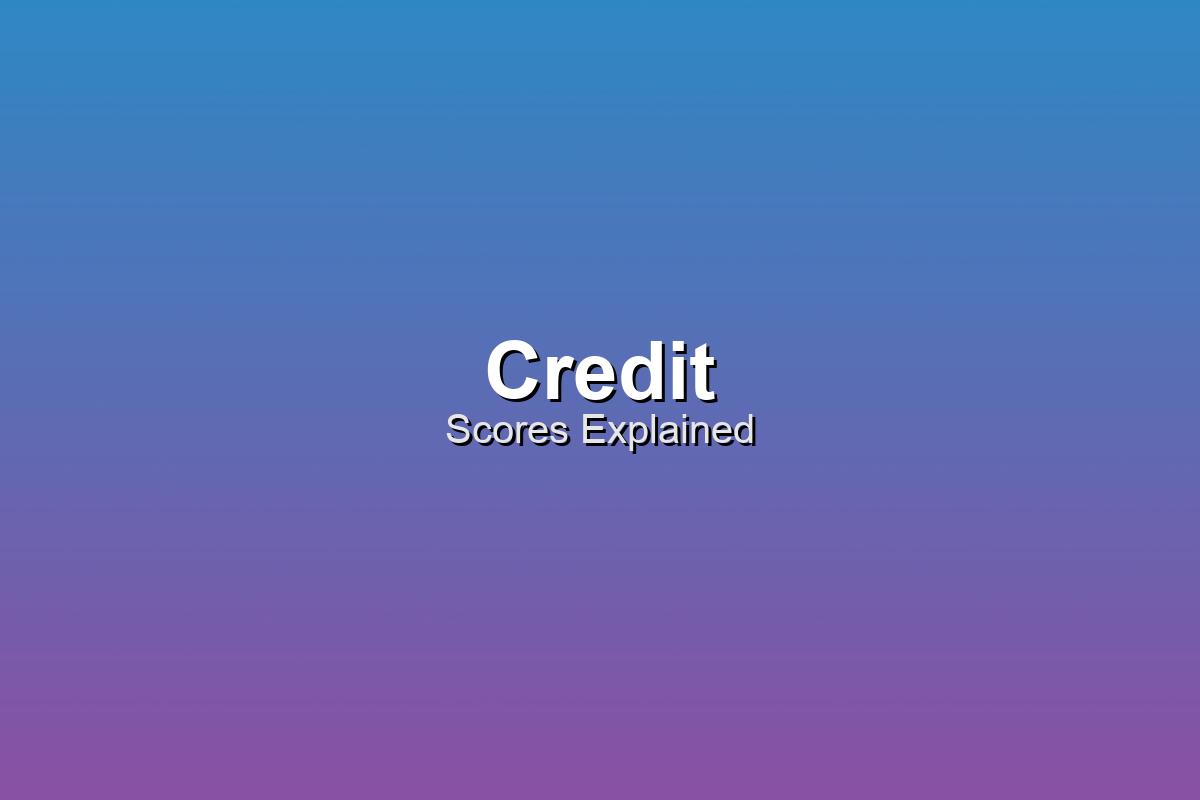
Photo by Markus Winkler on Unsplash
Mastering Your Credit Score: A Comprehensive Guide to Financial Empowerment
Your credit score is more than just a number—it's a powerful financial passport that can open doors to opportunities or create barriers to your financial goals. This comprehensive guide will demystify credit scores and provide actionable strategies for improvement.
What is a Credit Score?
A credit score is a numerical representation of your creditworthiness, calculated based on your credit history and financial behaviors.
- Ranges from 300 to 850
- Higher scores indicate lower credit risk
- Used by lenders, landlords, and employers
Credit Score Components
Payment History (35%)
Your track record of paying bills on time. Late payments, collections, and bankruptcies negatively impact this factor.
Credit Utilization (30%)
The ratio of your current credit card balances to your credit limits. Lower utilization is better.
Length of Credit History (15%)
How long you've had credit accounts. Longer histories generally indicate more stability.
Credit Mix (10%)
The variety of credit types you have, such as credit cards, mortgages, and personal loans.
New Credit Inquiries (10%)
The number of recent credit applications. Too many can signal financial distress.
Credit Score Ranges
- 300-579: Poor
- 580-669: Fair
- 670-739: Good
- 740-799: Very Good
- 800-850: Excellent
Strategies to Improve Your Credit Score
- Pay all bills on time
- Keep credit card balances low
- Don't close old credit accounts
- Limit new credit applications
- Regularly check credit reports for errors
Tools and Resources
- Free annual credit reports
- Credit monitoring services
- Credit score simulators
- Credit counseling agencies
Common Credit Score Myths
- Checking your credit hurts your score (False)
- You only have one credit score (False)
- Closing credit cards improves your score (False)
- Income affects your credit score (False)
Your credit score is a powerful financial tool. By understanding its mechanics and consistently making smart financial choices, you can unlock better opportunities and financial freedom.

